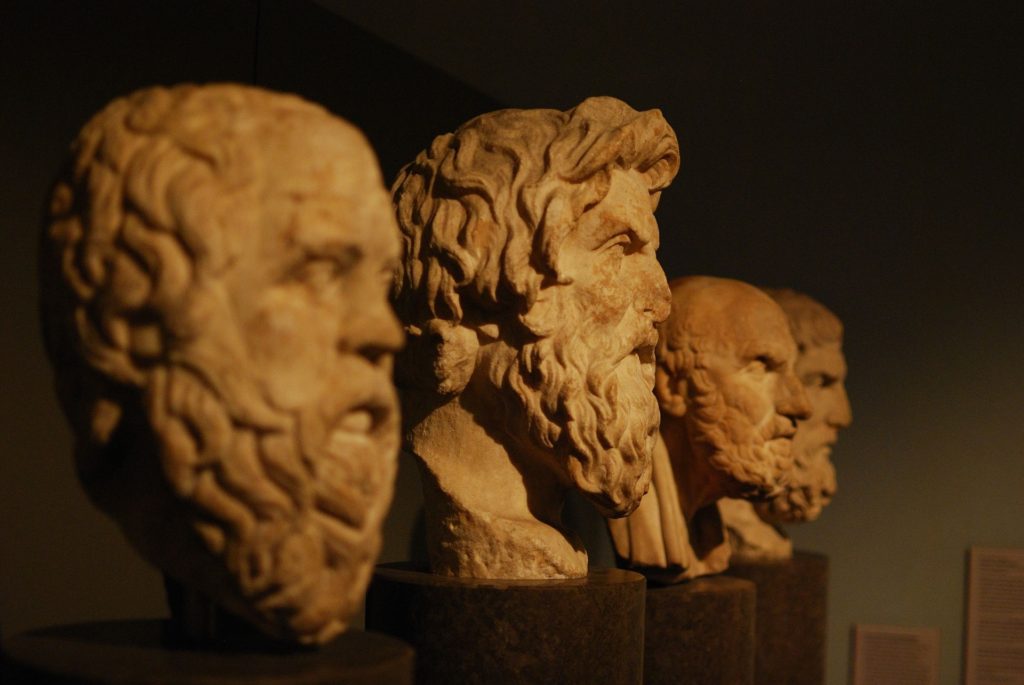As a notion, suicide is riddled with ideological baggage. Forbidden by most religions and snubbed by societal norms, the concept of self-annihilation often stirs emotions. On a more subtle level, this ought to be the case for philosophical suicide.
Alas, it isn’t. Ironically enough, as we’ll see, the reasons are related (at least indirectly) to the very dogmatism informing physical suicide.
But what is philosophical suicide?
Very briefly, philosophical suicide is an essentially ad-hoc attempt to explain away the inconsistency between the human desire for existential purpose and the apparent lack of such a purpose.
The term is heavily related to the concept of the absurd as described by Albert Camus. Therefore, in order to define philosophical suicide (also described by Camus), we must first take a quick look at the absurd.


